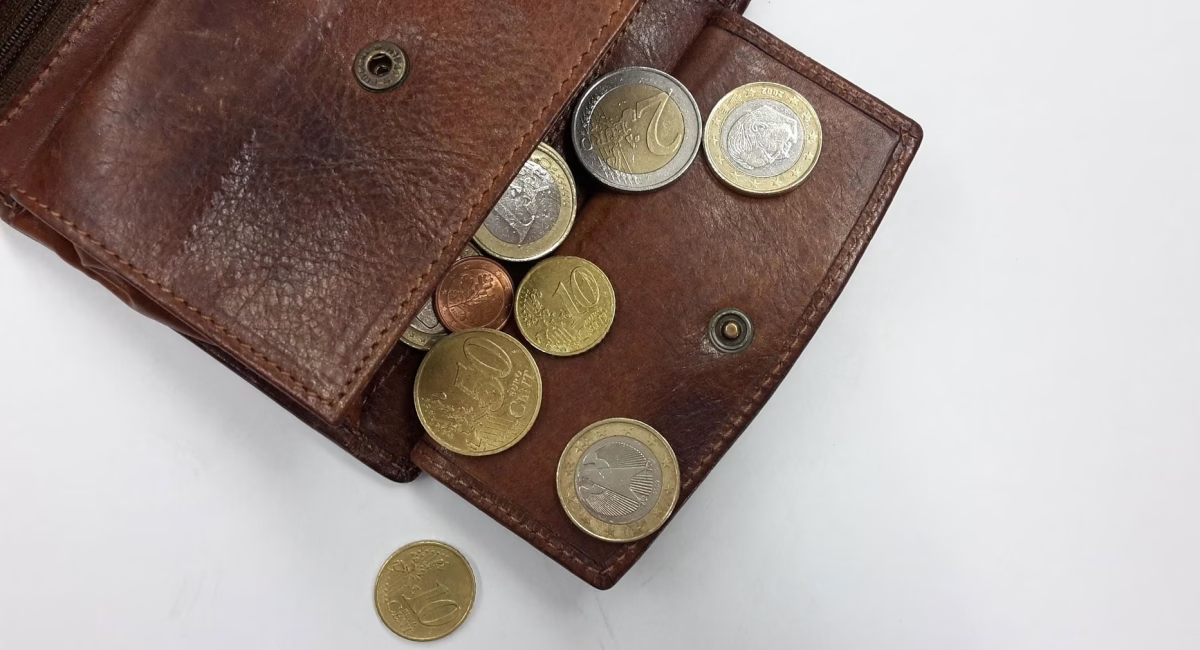Avoiding travel fraud: 6 tips to keep your money safe on vacation
Globe Aware volunteers know that while planning a trip can be exciting, it’s easy to overlook the financial side of pre-travel prep. Before you jet off, take a moment to learn how to protect your money and avoid scams, theft, or costly mishaps abroad.
Avoiding travel fraud: 6 tips to keep your money safe on vacation
Make sure you have the proper safeguards in place before you go OOO.
By Ivana Pino
Yahoo! Finance
July 16, 2025
When planning a trip, it’s easy to get wrapped up in the excitement of booking flights, accommodations, and excursions. But some travelers may overlook the financial side of pre-trip preparations.
Whether you’re backpacking through Europe or relaxing at a beach resort, the last thing you want on vacation is to lose your money. Traveling can make you an easy target for scams, theft, or financial mishaps, especially when you’re unfamiliar with the local customs, currency, and language. But a few smart precautions can go a long way in keeping your money safe.
So before you jet off, learn how to protect yourself and your finances while traveling.
How to keep your money safe when traveling
According to a report from the Mastercard Economics Institute, the travel industry is one of the sectors most susceptible to fraud. The study found that fraud in popular tourist destinations spikes up to 28% during peak seasons.
When you’ve put time and money into planning a trip, the last thing you want is for a financial mishap to spoil your vacation. If you want to keep your money safe, here are a few best practices to keep in mind.
1. Keep your financial institution in the loop
Before you leave, take the time to inform your bank, credit union, and/or credit card companies that you’ll be traveling. For one, this will ensure legitimate transactions aren’t flagged for fraud, which can be a major hassle to clear up while traveling.
Additionally, notifying your financial institutions of your travel details (including where you’re going and the dates of your trip) can also help detect fraudulent activity that may occur once you’re back home. For instance, if your debit or credit card information is stolen while you’re traveling, the scammer may not try to use it until weeks later. However, your bank will know that you’re back in the U.S. and can stop suspicious transactions from going through.
2. Set up account alerts for suspicious activity
Though many banks have fraud detection services in place, they’re not foolproof. You can add another layer of security by setting up bank alerts that help you spot suspicious activity right away.
For example, you can enable text or email alerts for transactions over a certain dollar amount or when your account balance falls below a certain threshold.
3. Avoid non-bank ATMs
When you need cash in a pinch, you may be tempted to use the first ATM you can find. However, pulling money out of a privately owned ATM, especially a standalone machine in a dark or low-traffic area, puts you at higher risk of ATM skimming.
Instead, plan ahead and withdraw cash from ATMs located inside reputable banks, airports, and other well-lit, high-traffic areas. You can also consider purchasing foreign currency before you set off for your trip (but don’t carry the full amount on you once you reach your destination).
4. Keep your wallet close
If you’re out and about, keep your wallet close to you and secured at all times. Don’t walk around with your wallet in your back pocket or in an unzipped purse, especially if you’ll be walking through crowded areas or tourist attractions.
You should also avoid carrying around large amounts of cash. Consider keeping enough cash in your wallet to cover your expenses for that day and storing the rest in your hotel safe.
5. Avoid public Wi-Fi when accessing online banking
Public Wi-Fi networks may be unsecured, allowing hackers to intercept unencrypted data between your device and the Wi-Fi router. Plus, scammers can set up a rogue Wi-Fi network with a name similar to a legitimate one (like “Hotel_WiFi_Free” vs. “Hotel_WiFi”) so that when you connect, they can monitor everything you do.
So, when you use a public network to log into online banking platforms, you’re putting your sensitive information at risk of falling into the wrong hands. If you absolutely need to log on to your account while abroad, it’s best to rely on your mobile data or a VPN to keep your information secure.
6. Have a backup payment method
If your primary payment method is compromised while traveling, carrying a second credit card or extra cash can ensure you always have access to your money. If possible, carry your backup card or cash in a separate, hidden area from your primary payment method.


0 Comments